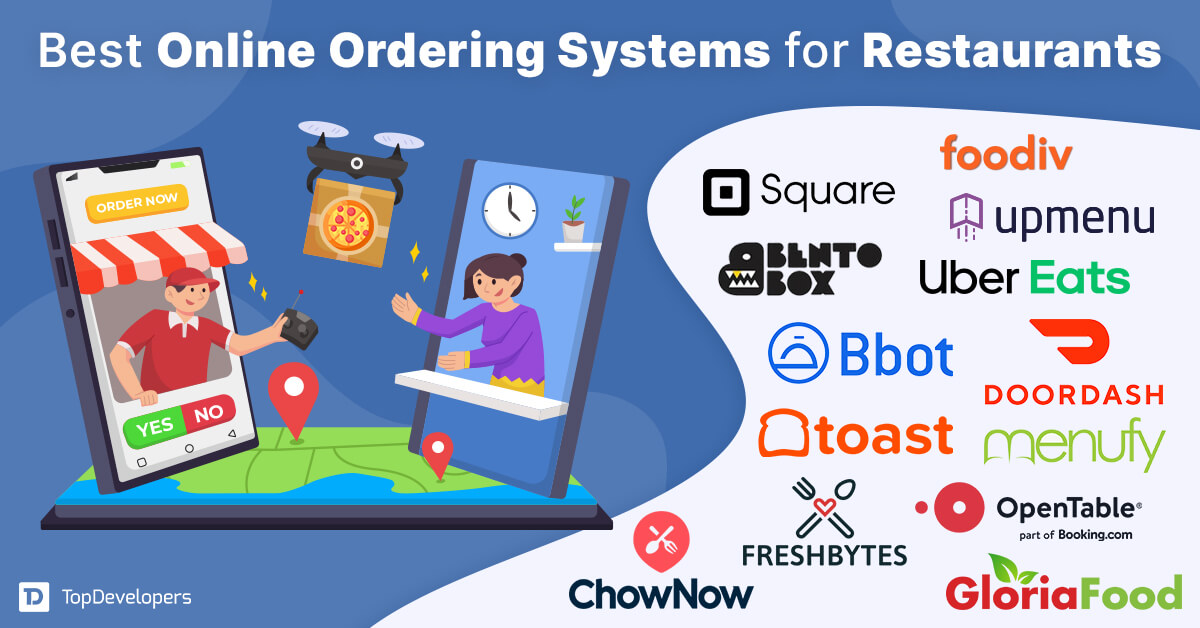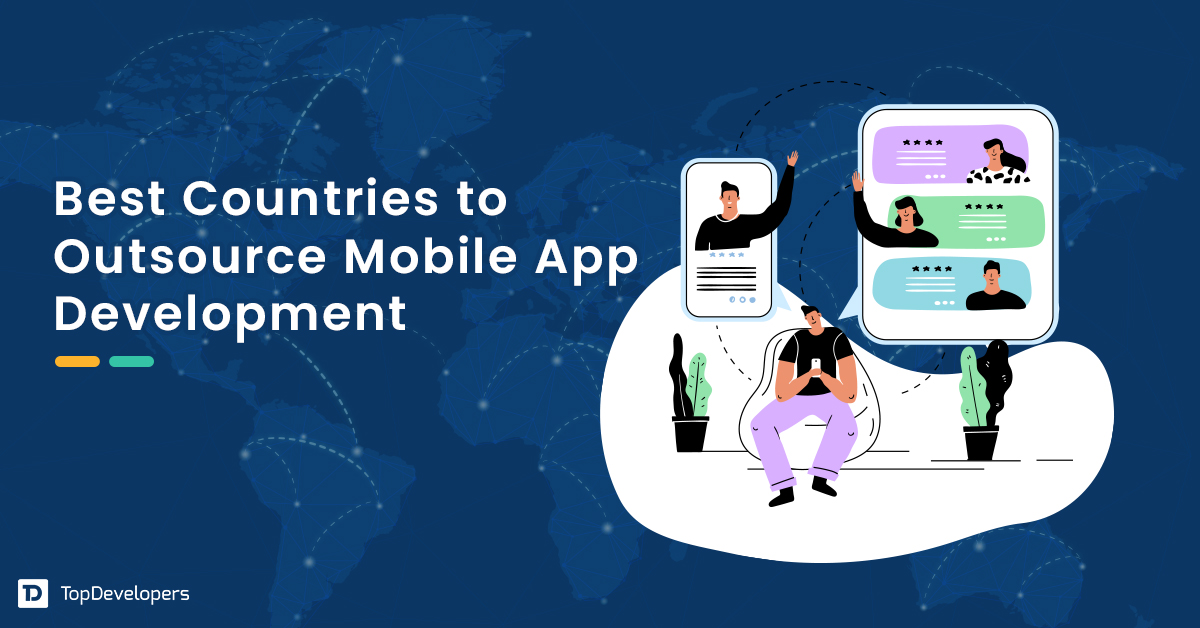
Till May 2018, the digital rights of the people lack everywhere and consumer privacy was most often put into question because there is no regulation in effect that defines the way companies can acquire and manage consumer data. The websites browsed, calls made, places visited and even the photos were taken, everything is recorded, quantified, and leaves a digital footprint that has become a valuable resource to sell.
Personal data collection is growing at an astronomical rate in the connected world. Although the valuable data is leveraged by the companies to enhance the customer experience, it’s also prone to cyber-attacks and data leaks. Data security and privacy have become major concerns for both consumers and companies.
- 92% of internet users worry about data security and privacy.
- 50% of the consumers don’t trust the brands for the data used by them.
- 90% of businesses find it challenging to delete customer data and 60% don’t have the system in place to delete the data.
Clearly, there is a disconnect as the customers are unaware of how the companies collect and use the data, and the companies also want a regulation in force that keeps the consumer data privacy and security intact that alleviating the biggest threat to revenue and brand value. The smashing entry of the General Data Protection Regulation (GDPR) has shaken up the digital business world. It is impossible for companies to overlook the standards set by GDPR and the profound impact it will create.
Table of Contents
What is General Data Protection Regulation (GDPR)?
The European data protection and regulation’s General Data Protection Regulation is an acronym as GDPR that’s enforced for all the companies operating in Europe in regard to data collection, storage, and management. The great initiative in full effect has transformed the way companies handle the customer’s data privacy and provided the rights to the consumers to access and control the data used by the companies.
The impact of GDPR would apply to only the companies operating in Europe, but the rest of the nations will also enjoy the residual benefits because the non-EU companies handling the European Union based client has to follow the changing structure of data privacy via GDPR.
For the companies to comply with GDPR have to take explicit consent from the consumers for capturing the data, provide data access rights where the consumers can delete inaccurate or outdated data, and restricted to collect unnecessary data. It indicates the consumers will have complete information about when, how, and why their personal data is being collected.
To showcase compliance with General Data Protection Regulation to the data protection officer, regular tests should be conducted on the backup, recovery system, and data protection reporting. In the event, the company fails to comply with GDPR, it cost them large penalties that equal to 4% of the annual sales for large firms and $235 million for smaller firms.
Finally, digital businesses are left with no option to comply with GDPR. But, how about the data that companies have before GDPR enforcement?
According to GDPR regulations, for the data that’s already collected, the companies have to obtain opt-in consent from the consumers, keep the backup of the data and give people the right to delete the data. Also, the data can be processed only for the activity that’s specified in the consent, else it’s considered as a breach of GDPR trust.
In this manner, GDPR is redefining the relationship between customers and companies. The improved transparency, control, and rights protection have become an advantage for digital marketers.
Ad targeting
In ad targeting, digital businesses gather the visitor’s information in regards to the products or services they have browsed just by displaying cookies, and terms and conditions agreements on the website. Later, the data is connected to the advertisement, which in turn help in targeting the visitors based on their actual need. It’s a scenario of pre-GDPR.
Now, General Data Protection Regulation forces marketers to explicitly gain the individual’s consent for data gathering and processing. It has caused the most angst among marketers because it’s difficult to gauge. The usher of the contextual advertisement will help where threads are sent on the grounds of speculation like- who will consume the content and how the customers will behave. Based on the business type and marketing budget, you have to evaluate which marketing strategy fits best.
Event marketing
The event marketing is not just a medium to improve brand awareness, get media attention, generate thought leadership or create new sales opportunities, while it’s more about data gathering. The host sells the database of prospects to third parties in exchange of a huge sum of dollars.
General Data Protection Regulation has changed the way data is utilized and shared by the hosts. The regulation has forced the event planners to explicitly tell the attendees what will be done with the data, and with whom the data will be shared, and only after getting consent from the attendees, the data can be collected. Plus, the planner has to assure that the data collected from the attendees will remain secure.
In this manner, event marketing still holds value, but when the data is considered as a bonus, not the primary focus. However, acquiring and maintaining the data has become taxing.
Email marketing
Email addresses are the lifeblood of a lead generation. Previously, the companies buy the list of prospects with certain attributes like- email address, demographic, and location, that’s considered as legal under email marketing strategy. But, in a GDPR world, it has become a tenuous task because before selling the list of prospects, the providers have to take the consent of the prospects, which is a hard nut to crack.
However, the consent mandate has made it harder to get the list of prospects, but it’s guaranteed that the prospect who opted for the information sharing is interested in the company’s offerings that increase the likelihood of purchase.
How GDPR Will Impact Digital Marketing?
Provide a single view of the user’s data
Digital marketers have voluminous data in variety, but most often, they are unaware of how much data they possess for an individual and where it resides. Strikingly, just one-third of all organizations are sure about the data they have for an individual. They termed the data like personally identifiable information (PII) as a proxy, but it does not uncover the complete story.
General Data Protection Regulation has also covered the PII and additionally included behavioral data in it, that’s captured by the cookies so that the marketers will have meaningful information available at their hand. This, in turn, unfolds the great insights hidden beneath several layers as a whole, which helps in targeting the audience in the best way.
Drive communication based on the interest
Post-GDPR, gaining consent from the customer is all-important to use their data. Here, the customers can ask for exactly what information the company has, with whom it’s shared, and the purpose it has been used for. All these rights are reserved for customers.
The opportunity lies in the sense when the customers ask for consent with a broad spectrum of options, instead of simple yes or no. The tactic upsurges the probability of the customer getting interested in any of the options and digital marketing service providers can gain insights into every individual’s interest, which helps them market the individual according to their preferences.
By becoming GDPR compliant, companies can easily segment customers and communicate with them in an individualized manner.
Learn customers’ changing preferences
With ‘Right to be forgotten’ under GDPR, the customers can request the company to remove the data they have at any time. Also, the customers can switch off or on the consent for the different types of information that can be used for various purposes in an organization.
It hints the digital marketing agencies about the customer’s preferences as the information that the customer wants the company to delete signifies that customers are no more interested in the specific services. Marketers can target customers with dynamic content based on their present interests.
Improved transparency
Over 90% of the customers cite security of their personal data while online shopping as the topmost concern. It can be easily addressed through transparency that’s maintained under GDPR regulation.
When the customers are aware of how the data is collected, stored, and processed, they rest assured with the fact that the company treats the data with respect and keep it secure. By projecting transparency, trust, and engagement in the company can be strengthened which helps marketers to acquire and retain more customers.
Higher standards are set
Prior to GDPR, savvy marketers are excelling with customized, relevant, and timely messages. Continuing the same way, the customers no longer consider it as a part of a marketing campaign while they receive the messages just as brand communication. Let’s not fool yourselves. General Data Protection Regulation is a golden opportunity that raises the bar of marketing and provides marketers a tool to work better.
Digital marketing agencies have to rejuvenate their thinking and innovate with people-based marketing (PBM), that’s certainly time-consuming, but has proven to be effective in the years to come. Under the strategic marketing approach, the individuals are targeted rather than the group at various touchpoints using different channels based on the information they have shared. It makes the customer feel that companies think for their best at heart and respect the data.
Rethinking the marketing strategy in the watershed moment, let the marketers become proactive, thoughtful, and more creative.
Catching the eyeballs with respect
For years, people’s attention is captured mostly in the wrong ways, that’s saddening. Digital marketers’ abuse has made it hard to build trust and credibility in a brand. With General Data Protection Regulation (GDPR) enforcement, the primary focus of marketers should be providing more value to their customers because unless the marketers convince the customers, they won’t earn the right to speak with them.
It lets the marketers automatically get into the practice of welcoming the customers with their consent and the customers’ attention will be drawn to the services they are likely interested in. In the marketing results, the people’s attention will be treated with respect and they are offered with the right services.
Enterprise-Level Data Security for Startups: What You Need to Know
Conclusion
Post-GDPR, a lot of discussions were held to find out whether General Data Protection Regulation is a good thing or a bad thing for digital businesses and marketing. The statistic- “92% of the US organizations consider GDPR compliance as their top priority for the data protection,” proves that GDPR is for the opportune and will reshape the way organizations collect, store and manage the customer’s data.
Undeniably, the step towards bringing transparency has drastically impacted the job of marketers and IT service providers. But when looked at the bigger picture, it leads to high-quality data which means it’s a great opportunity to dig deeper into the customer’s needs that leads to hyper-personalization, product or service improvements, and a secure data economy. It guaranteed brings the winning upshots.
Let’s articulate the importance of data sharing in innovative ways and get the marketing team ready to market the offerings to modern customers following GDPR compliance.
 TopDevelopers.co
| Dec 3, 2018
TopDevelopers.co
| Dec 3, 2018
TopDevelopers.co is a platform which brings to you a listing of all the competent web &mobile app development companies across the world focusing on the combination of traditional IT research offerings and the latest methods that have come up to provide more competent results.



